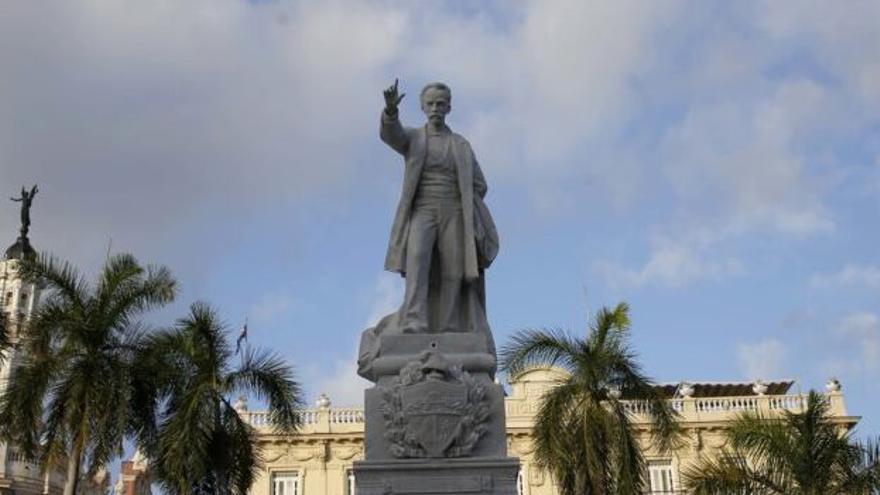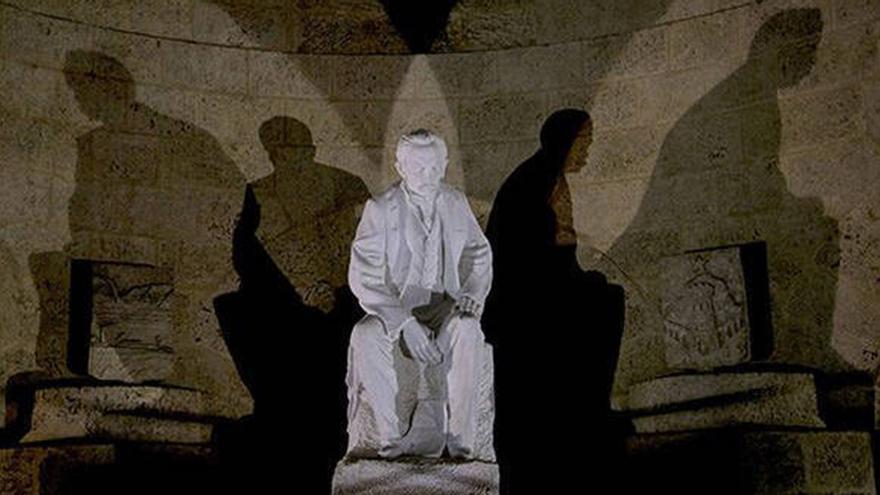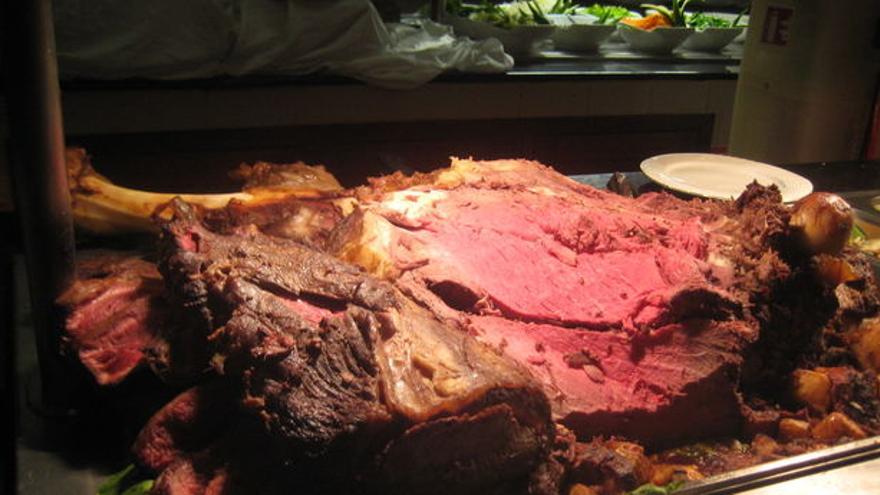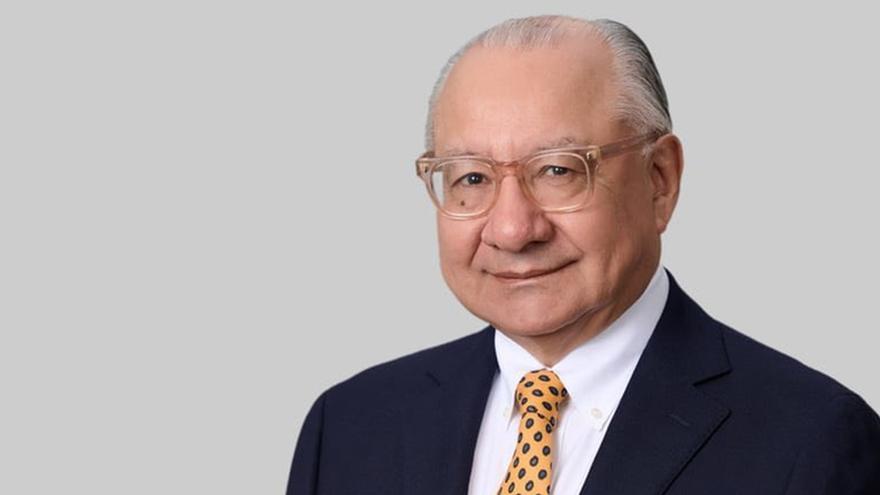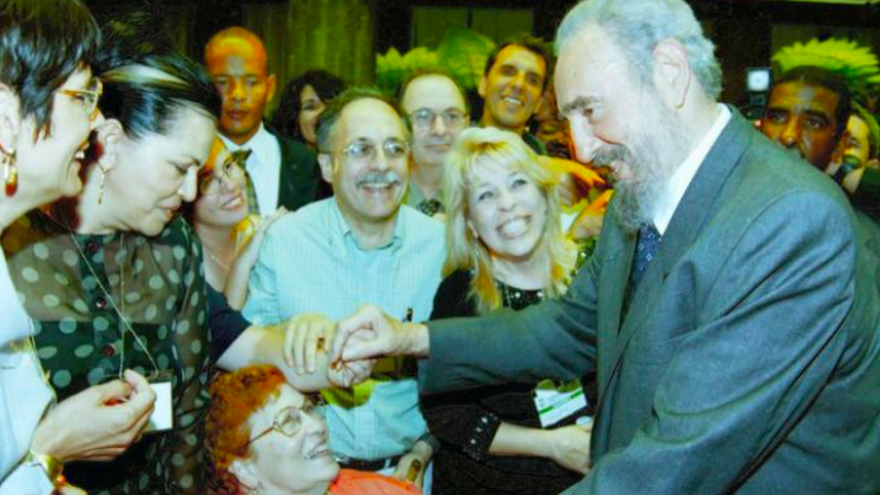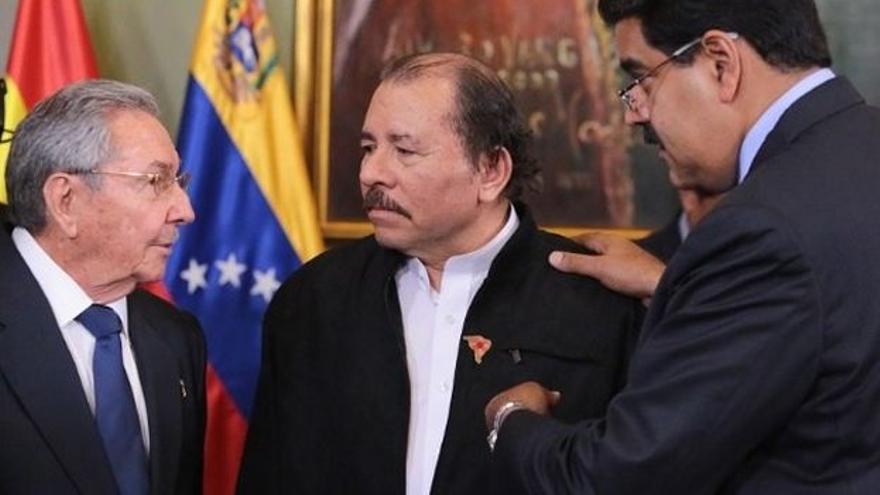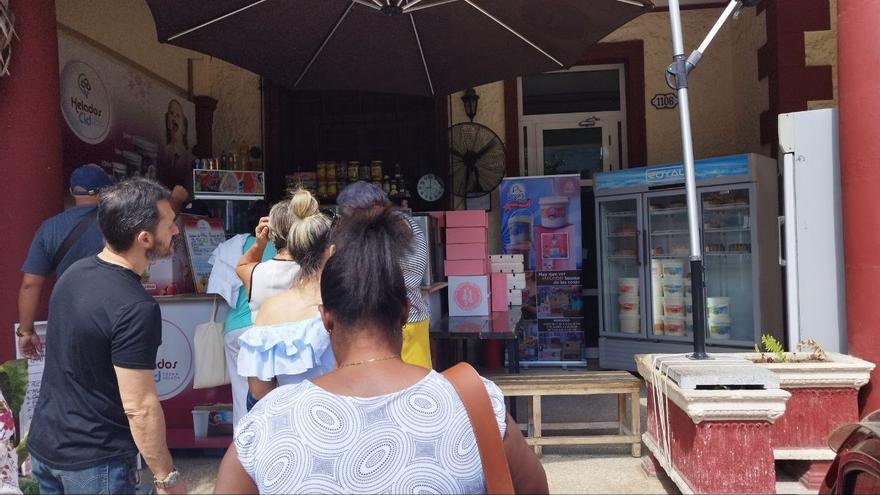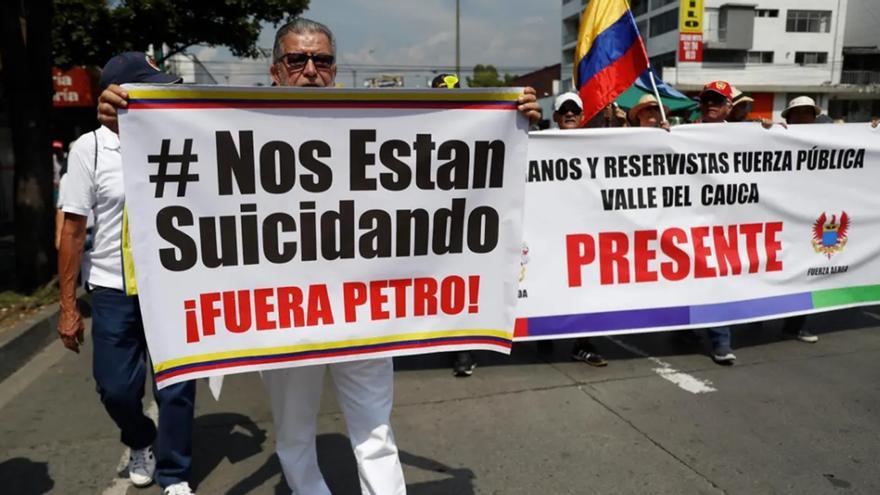Having witnessed so many crises, I fear someone will throw the Castro regime another lifeline, though in this case it can only come from Washington, Fidel Castro’s chosen enemy since the summer of 1958.

![]() 14ymedio, Pedro Corzo, Miami, 9 June 2024 — Cuba’s totalitarian government has experienced many serious crises. So many that it often seemed it was on its last leg. Invariably, however, some like-minded ally threw it a lifeline, like the rope that sailors throw to someone who is about to drown.
14ymedio, Pedro Corzo, Miami, 9 June 2024 — Cuba’s totalitarian government has experienced many serious crises. So many that it often seemed it was on its last leg. Invariably, however, some like-minded ally threw it a lifeline, like the rope that sailors throw to someone who is about to drown.
Though the former Soviet Union supported the regime for more than thirty years, the Castro brothers had no qualms accepting help from several Spanish governments, including those of the right-wing dictator Francisco Franco as well as the leaders of Spain’s Socialist Worker’s Party, Felipe Gonzalez and Pedro Sanchez. At a time when Cubans were going deaf from the sound of firing squads, however, the former individual — like many others — “heard nothing” during his frequent trips to the island.
Other European and Latin American nations have stepped in to solve the Castros’ money problems, though we should note that, in the course of providing aid to the spendthrift Fidel Castro, only the Venezuelan autocrats Hugo Chavez and Nicolás Maduro managed to bankrupt their own country. continue reading
The supreme leader used to give every guerrilla commander being trained in Cuba a Rolex watch, which was purchased with funds donated by his sponsors
Stories abound of just how wasteful the elder of the two brothers could be. For example, the supreme leader used to give every guerrilla commander being trained in Cuba — the idea being they would overthrow the very democracies that were courting him — a Rolex watch, which was purchased with funds donated by the dictatorship’s sponsors.
Another individual who helped pay the bills — both political and economic — is Luis Ignacio “Lula” da Silva. The corrupt president of Brazil has proven to be a faithful servant of the totalitarian regime.
Another ally was Argentina’s military junta. Both regimes supported each other when they came under criticism from the United Nations Commission on Human Rights. Juan Domingo Perón sold Cuba three-million dollars’ worth of transportation infrastructure, a bill the country has still not repaid. Similarly the Club of Paris has forgiven or restructured much of Cuba’s debt even though the regime has a history of not paying back the loans it receives.
The presidents of Mexico have also been discreet but faithful allies. Andrés Manuel López Obrador is the most strident but, with few exceptions, they have supported the Cuban regime in spite of all the summary executions, political prisoners and boat people.
In the opinion of many, including a family member who remains in Cuba, the totalitarian system is nearing its end. This person — I am not mentioning his name because it would not be prudent —is worried about what the demise of the dictatorship might look like and whether or not it will lead to a bloodbath, as happened in the now distant 1959. Like others writing from Cuba, he is convinced that the nightmare is coming to an end.
There are plenty of officials [in the U.S.] who are happy to tolerate the sins of others, particularly if the sinners come from the political left.
I do not consider myself to be one of the optimists but the reality is that Castro-ism is looking more exhausted than it ever has before. Its narrative no longer makes any sense and its current dictator has shown himself to be the most incompetent Cuban ruler of the last sixty-five years. And that is in a system characterized by predators who have distinguished themselves by their prodigious ineptitude.
Having witnessed so many crises, I fear someone will throw the Castro regime yet another lifeline, though in this case it can only come from Washington, Fidel Castro’s chosen enemy since the summer of 1958, when he dictated a letter to his secretary, Celia Sánchez, in which he said, as of that moment, he would launch his real war against the United States.
Russia, China and Iran are certainly strong allies of totalitarian regimes, and they will loan them a handkerchief in their moments of sorrow, but lifelines do not come cheap and none of the three are in a position to waste their resources by throwing money into the bottomless pit that Cuba has become under the Castros.
The United States could very well become the new savior. There are plenty of officials there who are happy to tolerate the sins of others, particularly if the sinners come from the political left.
These individuals are profiled in “The Fourth Floor,” a book by Earl E. T. Smith, the U.S. ambassador to Cuba during the revolution. They are mid-level officials who, in spite of not having senior government positions, often largely determine the policies of the U.S. State Department and other agencies, at least according to this humble writer, as José Estrada is used to saying.
____________
COLLABORATE WITH OUR WORK: The 14ymedio team is committed to practicing serious journalism that reflects Cuba’s reality in all its depth. Thank you for joining us on this long journey. We invite you to continue supporting us by becoming a member of 14ymedio now. Together we can continue transforming journalism in Cuba.





